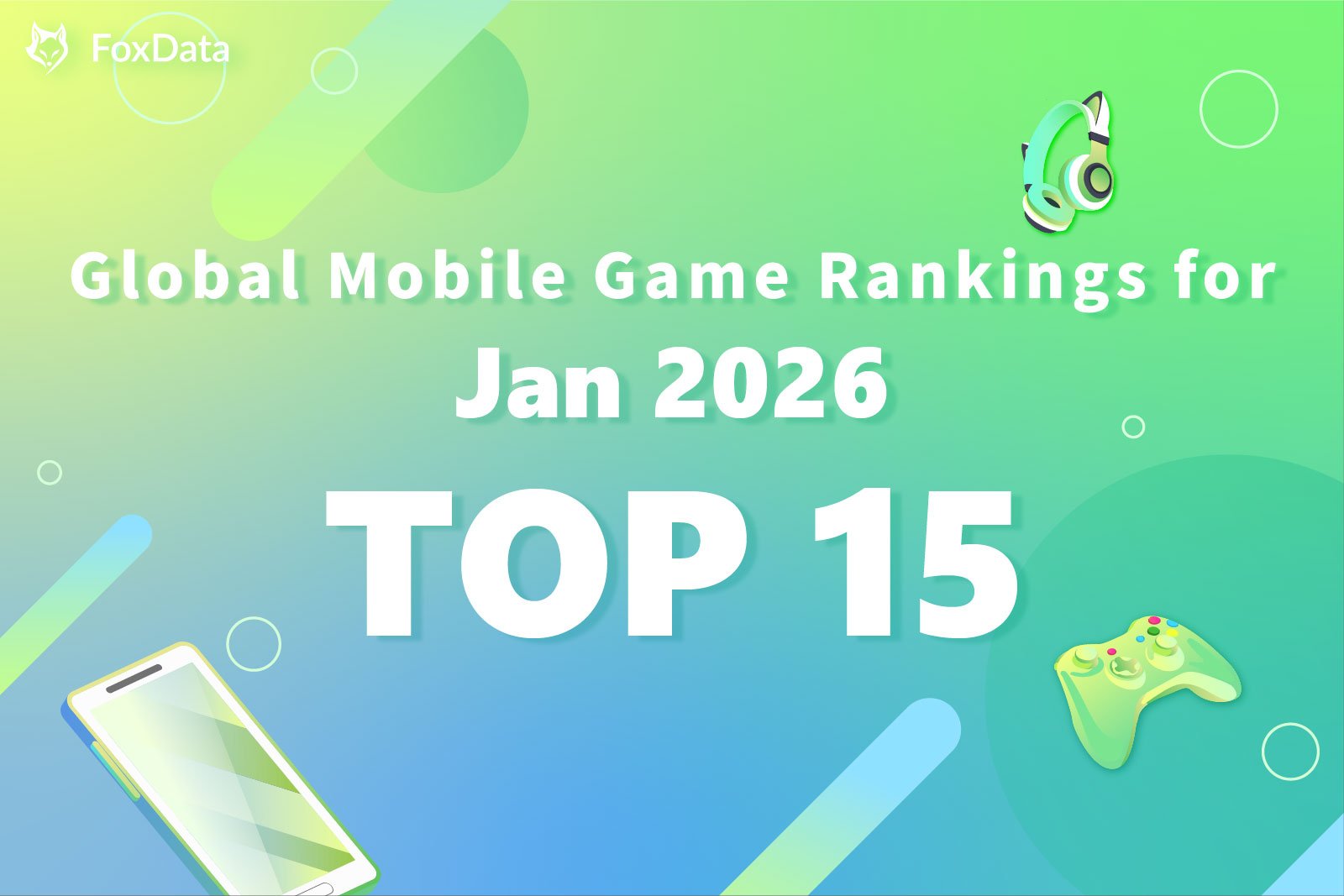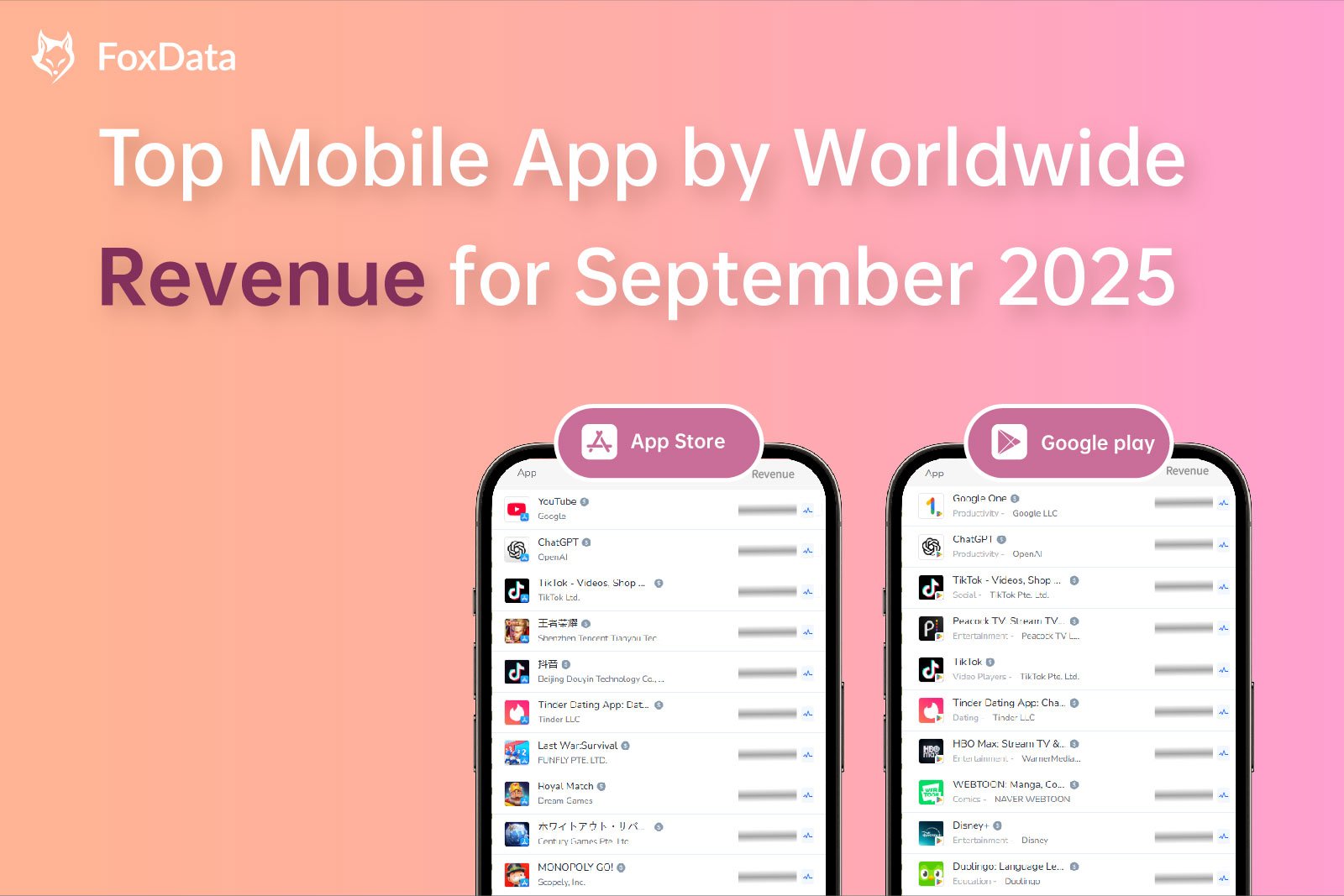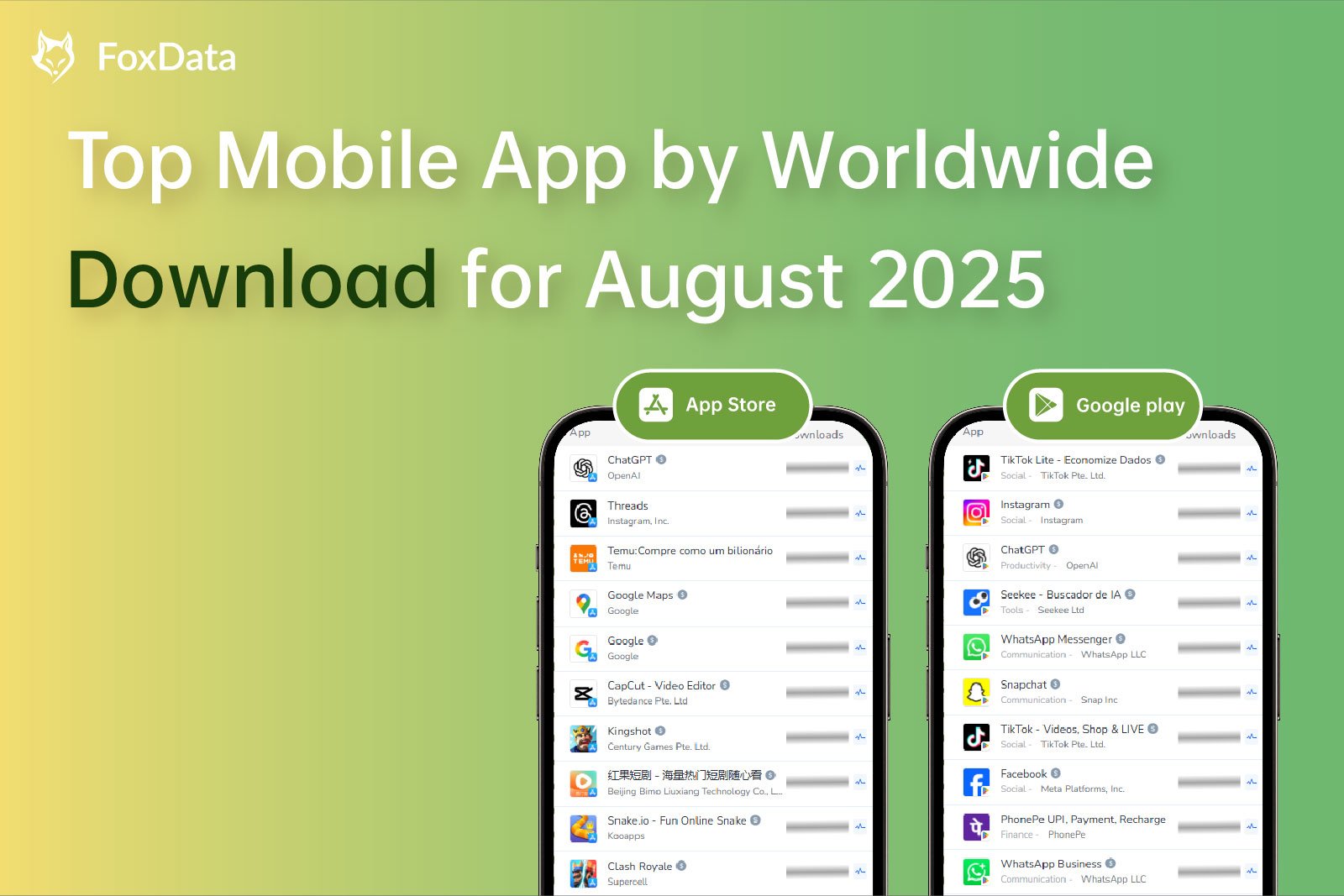Prayer Apps, AI Horoscopes & Gen Z’s New Social Platforms: How Trust, Identity & Culture Are Shaping American Internet Trends

For years, “social apps” were synonymous with “connecting people.” But that narrative is evolving fast. In the digital space, America's Gen Z is quietly driving a cultural shift: connection is no longer the goal—trust, identity, and psychological safety are.
At FoxData, we've named this trend the rise of Contextual Social Apps.
These platforms aren's born from hype. Instead, they're rooted in a growing fatigue toward mainstream social media, a deep craving for community resonance, and an urgent need to answer one question: who can I really trust online?
This report summarizes our insights from Q2 2025, drawing from app rankings, top-grossing platforms, keyword sentiment trends, and user behavior data to decode the deep logic behind emerging social platforms—and reveal where developers should focus next.
—
Goodbye endless connections, hello trusted filters: Social as a trust interface, not a people graph
Let's take Tea Dating Advice—a U.S. social app built around women's safety recommendations. While it appears to be a dating support tool, its actual value lies in reshaping social intent. Instead of asking “Who can I meet?” it prompts users to ask:
“Is this person safe? Are they trustworthy?”
According to FoxData's behavioral tracking, the most frequently used (3+ daily opens) and longest-duration (6+ minute session lengths) social apps in Q2 2025 shared three deeply structural traits:
- Clear, single-purpose utility: They support specific actions or social scenarios—not generic interactions.
- Embedded safety design: Features such as shared histories, community reviews, or trusted referrals help users validate involvement.
- Reliance on indirect communication: They don't aim for instant responses, but rather offer space for informed judgments over time.
Tea doesn't facilitate dating per se—it creates a framework for making trust-based decisions.
🔍 FoxData Professional Insight:
You don't need to “build the next Facebook.” Instead, craft trust mechanisms around specific emotional scenarios. Social products now win by offering a voice of reason, not just a channel to speak.
✍️ Developer Tips:
- Focus on “micro-contexts” that foster trust: e.g., post-breakup spaces, first-job communities, safety-first dating.
- Design emotional validation loops—tools that let users confirm they're not alone in their fears or hopes.
—
AI astrology and digital prayer aren't fantasy—they're emotional frameworks our generation craves
In July 2025, the AI-powered zodiac app Starla surpassed 370,000 downloads in the U.S., a number that initially suggests “yet another novelty trend.”
But data tells a different story: astrology, prayer, and personalized belief systems are quietly becoming digital culture enablers.
FoxData's keyword sentiment analysis revealed:
🔹 Even when overall product scores averaged just 1.46, nearly 3.03% of those reviews gave 5 stars when keywords like “soulmate” were mentioned. That means: when these apps hit emotional depth—even imperfectly—users reward them.
In other words: AI-powered belief systems aren't irrational—they function as “emotional context fillers” in trust-starved digital environments.
🔎 FoxData Trend Analysis:
- Users aren't downloading AI astrology out of curiosity—they're using it to locate cultural identity and emotional understanding.
- These apps translate complex rituals into lightweight daily actions, offering Gen Z a way to connect with meaning without institutional baggage.
⚓ Product Insight:
Tools like horoscopes or prayer can be UX formats for deeper cultural healing and personal coherence. Their value lies in “how users feel about who they are”—not the literal accuracy of predictions.
—
Niche = new mainstream: Why cultural identity is a product moat, not a growth limiter
Simplicity can be deceiving. Let's talk revenue: during Easter and Ramadan (March–April 2025), Christian prayer app Hallow crossed $3 million in monthly revenue—twice.
Even more impressively, platforms like:
- BLK (social network for Black singles)
- Lex (a message board-style app for LGBTQ+ chats)
...consistently outperform more complex tools – because under their minimalist UX lies a powerful, unshakable foundation: cultural specificity.
🧠 FoxData Developer Insight:
Don't underestimate cultural identity as a monetization driver. Users are not paying for features—they're paying to feel seen, safe, and spiritually aligned.
📌 Real retention isn't about bells and whistles—it's about reinforcing belonging.
—
🎯 FoxData's developer playbook: From data to design
To stay ahead of next-gen social trends, we recommend developers focus on three specific techniques:
- Review Sentiment Analysis — Don't just average ratings. Dive deep into keyword-level emotional triggers and anomalies.
- Keyword Opportunity Scans — Track shifts in cultural vocabulary months before they go mainstream.
- App Profile Benchmarking — Compare how names, icons, and description copy impact downloads across the top 100 apps.
—
Final Take: The next social breakthrough isn't more complex networks—it's simpler systems of trust
We are entering a new socio-digital paradigm: not driven by hyper-connectedness, but by selectively fostering emotional resonance.
The most successful social apps in this era will embody three core pillars:
- Psychological safety as a primary feature
- Cultural affinity as emotional scaffolding
- Technology as a medium—not a message—for deeper, lighter, more intuitive self-expression
Social isn't dead. It's just becoming less about seeing others—and more about feeling understood.
🔍 Powered by insight, data, and developer tools, FoxData is here to help creators find their edge—by building not for “everyone,” but for “someone, somewhere, who needs this.”






